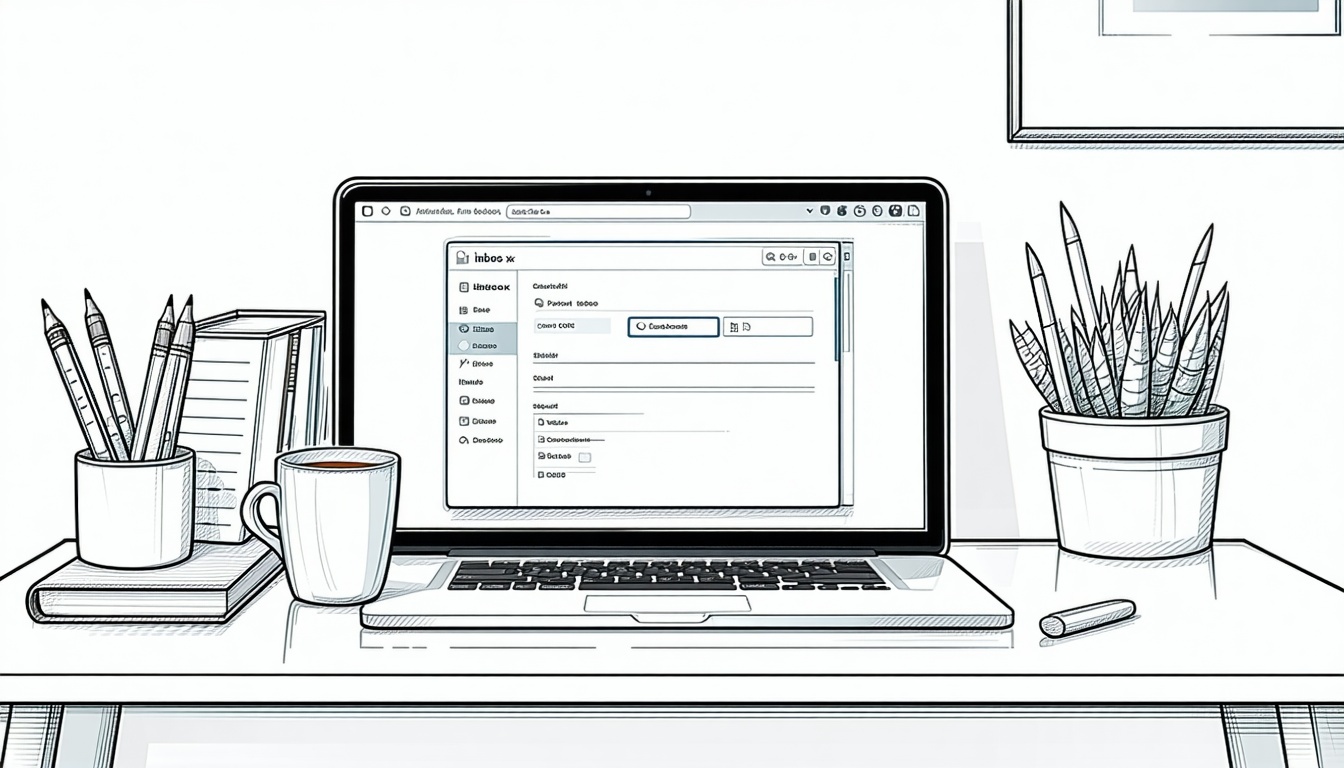Thriving with Difficult Coworkers
How to Get Along with People in the Workplace Who Annoy You
Let’s face it: the workplace is a microcosm of society. While it offers a space for collaboration, innovation, and productivity, it also comes with its share of challenges. One of the most common sources of tension is dealing with people who simply get under your skin. Whether it’s a colleague who constantly interrupts you, a manager who micromanages, or a coworker with habits that drive you up the wall, learning how to coexist with people who annoy you is an essential skill. Here’s how to manage these situations while keeping your sanity intact.
Self-Reflection: Understand Why They Annoy You
Before taking any action, pause and reflect on why this person bothers you so much. Is it something they’re doing intentionally to provoke you, or are they unaware of their actions? Are they overbearing, disorganised, or perhaps excessively chatty? Pinpointing the specific behaviour that triggers your irritation is crucial in handling the situation. Often, the things that annoy us in others are exaggerated versions of traits we might not like in ourselves. By understanding the root cause of your frustration, you can better manage your emotions and approach the situation with a more open mind.
Separate Your Personal Feelings from Professionalism
In a professional environment, it’s important to remember that everyone has a role to play, and your job is to maintain professionalism, regardless of personal feelings. People are diverse, and their personalities and behaviours vary. While it’s natural to have preferences and pet peeves, separating your personal feelings from your professional obligations is essential. Even if someone annoys you, it’s crucial to focus on the work you’re doing together and the goals you need to achieve as a team.
📌You’re there to contribute to a collective goal, not to engage in emotional battles.
Empathy: Put Yourself in Their Shoes
Understanding the other person’s perspective can be an incredibly effective tool when navigating workplace conflicts. Ask yourself, “Why might this person behave this way?” Maybe they have personal challenges outside of work that make them act out, or perhaps they’re simply unaware of how they come across.
📌 Empathy doesn’t mean you have to tolerate or excuse bad behaviour, but it can help you manage your reactions to it.
For example, if a colleague constantly interrupts you in meetings, maybe they’re eager to contribute and feel that their ideas are being overlooked. On the other hand, if a manager micromanages, perhaps they have their own insecurities or pressures that make them want to control every aspect of a project. By adopting an empathetic mindset, you can react more calmly and adjust your approach in a way that benefits both you and the other person.
Practice Patience and Emotional Control
When dealing with someone who annoys you, patience is key. Take a deep breath and avoid reacting impulsively to their behaviour. Responding in a way that reflects your irritation or frustration could escalate the situation, and no one wants to be the person who "loses their cool" in the office. Take a moment to collect your thoughts before speaking.
📌 The person in question may not even realise they’re annoying you
When faced with frustrating situations, emotional control is an important asset. Stay calm and grounded, and avoid letting negative emotions take over. Remember, your professionalism will not only reflect positively on you, but it will also help you set an example for others in the workplace.
Set Boundaries
Sometimes, the best way to deal with someone who annoys you is by setting clear boundaries. If a coworker’s behaviour is impinging on your ability to work effectively or affecting your emotional well-being, it’s okay to communicate your boundaries in a calm, assertive manner. This can help establish respect and reduce conflict in the long run.
For example, if a colleague consistently interrupts you during meetings, politely but firmly let them know that you would appreciate being allowed to finish your thoughts before they contribute. If someone constantly hovers over your shoulder, kindly let them know that you prefer to work independently and that you'll reach out if you need help.
Setting boundaries isn’t about being rude or dismissive; it’s about respecting your own needs and promoting a healthier work environment.
Focus on the Bigger Picture: Shared Goals
At work, it’s essential to remember that you and your coworkers are part of a team with shared objectives. Focusing on the bigger picture can help shift your attention away from the small annoyances. Are you working toward a specific project deadline? Are you all aiming for company growth or better customer service? The focus on shared goals can help reframe your perspective. When you remind yourself that you’re all working toward the same purpose, it can reduce the intensity of personal irritations.
Sometimes, reframing the situation in your mind can reduce its emotional impact. Instead of seeing a colleague’s behavior as a nuisance, think of it as a temporary inconvenience on the path to success. This mental shift can help you maintain a calm and positive demeanor.
Use Humor to Diffuse Tension
When faced with a frustrating situation, humor can be a powerful tool. Instead of letting your annoyance build, try to see the humor in the situation. If you’re in a meeting and a colleague is monopolising the conversation, you could lighten the mood by making a joke about the situation. Humor can break the tension and help others see things from a different perspective. It’s a way to defuse the situation without resorting to conflict or passive aggression.
📌 Of course, humour should be used carefully and appropriately, ensuring that it doesn’t come across as passive-aggressive or mocking. When done right, humor can be a subtle and effective way to maintain peace without creating further friction.
Have an Honest Conversation
Sometimes, the best way to resolve a frustrating issue with a coworker is through honest communication. If a colleague’s behaviour continues to affect your ability to work or your emotional well-being, it may be time for a calm, direct conversation. Approach the situation with a mindset of problem-solving rather than accusing or blaming. Frame the conversation in a way that highlights your feelings and needs without making the other person feel attacked.
For instance, you might say, “I’ve noticed that when we work together, I sometimes feel frustrated when I’m not able to finish my thoughts. I want to make sure we have productive conversations, so I would appreciate it if we could take turns speaking during meetings.” This approach communicates your concerns while showing that you’re open to finding a solution.
Know When to Let Go
Finally, it’s important to know when to let go of certain annoyances.
📌 Not every irritating behaviour needs to be addressed or fixed.
Sometimes, it’s healthier to simply accept certain things and move on. It’s important to pick your battles and understand that no workplace environment will be perfect. If something minor is bothering you, ask yourself whether it’s worth addressing or if it’s something you can let slide for the sake of your own peace of mind.
Dealing with people who annoy you in the workplace is a challenge that everyone faces at some point. However, by practicing empathy, emotional control, patience, and clear communication, you can manage these situations without compromising your professionalism or emotional well-being.
The workplace isn’t always about getting along with everyone all the time; it’s about learning how to navigate differences, finding common ground, and working toward a shared goal. By developing these skills, you’ll not only improve your interactions with difficult coworkers but also become a more resilient and effective professional in the long run.
.png?width=190&name=IPA%20Logo%20Transparent%20(Hi-Res).png)




